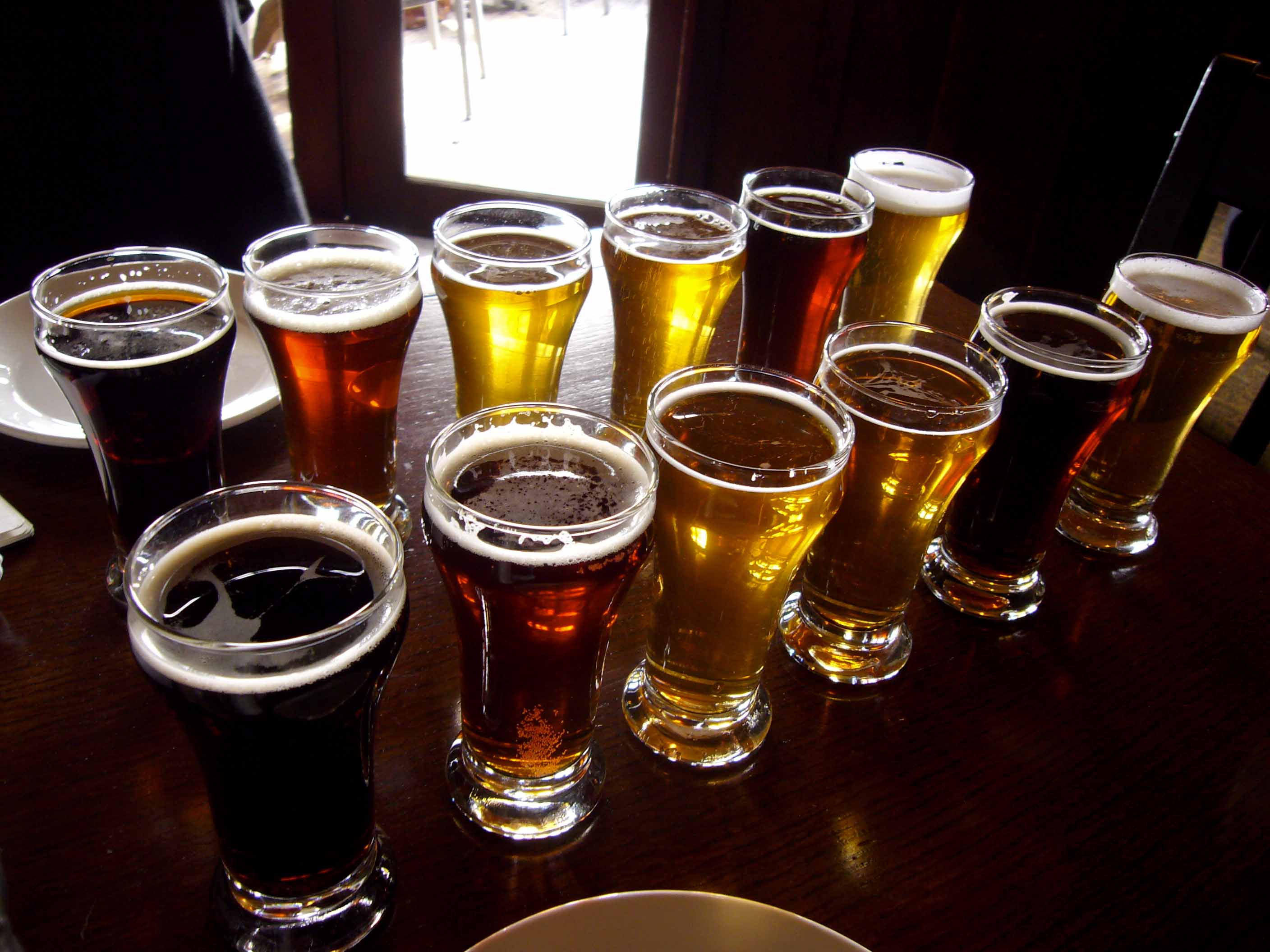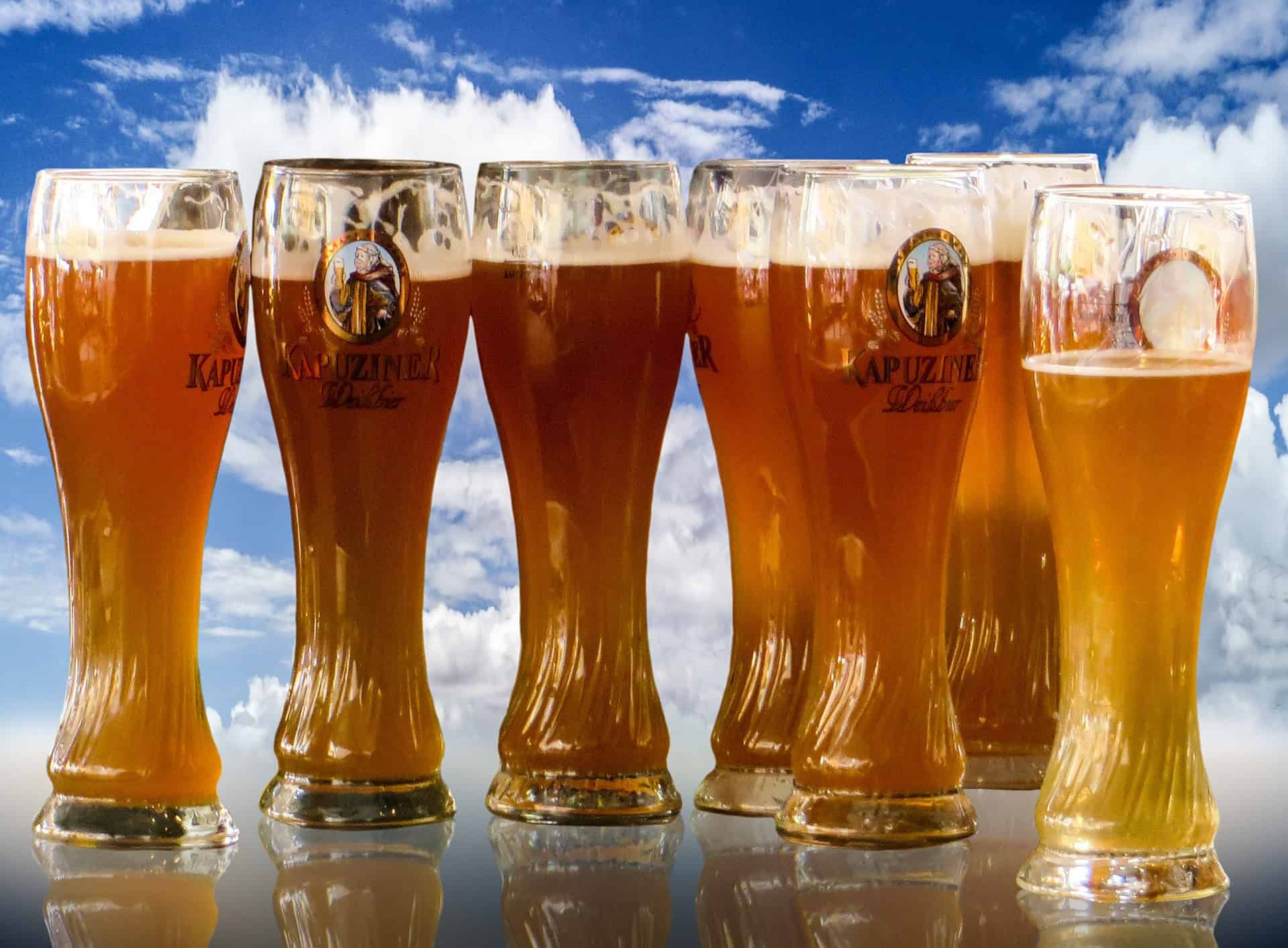I’m not a huge beer drinker—but part of that stems from the fact that I always just assumed I couldn’t drink it. Beer comes from wheat, barley, and other gluten-rich grains, right?
Well beer-drinkers rejoice! There is actually plenty of gluten-free beer on the market, but that got me wondering how they make gluten-free beer. So I decided to find out and share that little tidbit of knowledge with you.

So to make beer, brewers start with some kind of grain. Typically, this is a cereal grain like barley, wheat, or rye, which all contain gluten. In order to keep gluten out of the equation from the get-go, some brewers are making their mash base with gluten-free grains like rice, sorghum, corn, or millet. These grains are harvested, heated and dried, and allowed to crack in a process called malting.

Next, the grains are mashed. This process involves steeping the grains in hot (but not boiling) water and separating the enzymes and sugars from the grains. Once it’s a nice beer soup, you drain the sugary goodness for the next step. These first few steps are identical in many kinds of alcoholic beverages from beer to whiskey to vodka—in fact, high-proof liquors are gluten-free by the very nature of the process!

Next that sugary goodness is boiled, and hops and spices are added while it bubbles. After about an hour, those additives are strained out and the liquid (currently called wort) is filtered. The baby beer is then placed in fermentation containers, yeast is added, and left to its own devices for varying lengths of time depending on the type of brew desired. The yeast eats up all the sugars and produces CO2 and alcohol, which is why beer is not sweet, but rather bubbly, bitter, and boozy!
Throw that in a bottle and either add your own CO2, or let the yeast produce enough of its own to sufficiently carbonate the drink and you’re good to go!
That’s how basic gluten-free beer is made, but there’s another way to make beer technically gluten free. One gluten-free beer maker uses an enzyme called Clarity-Ferm to separate part of the product, skimming off the inflammatory elements of the gluten protein chains. This takes regular old barley beer and de-glutenizes it. This process is more of a gluten reduced beer, but for those with slight gluten intolerances it should be a safe bet!

So that’s a thing you know now. Go forth and educate the world with your random knowledge. And enjoy some beer this football season, celiac and non-celiac alike!


